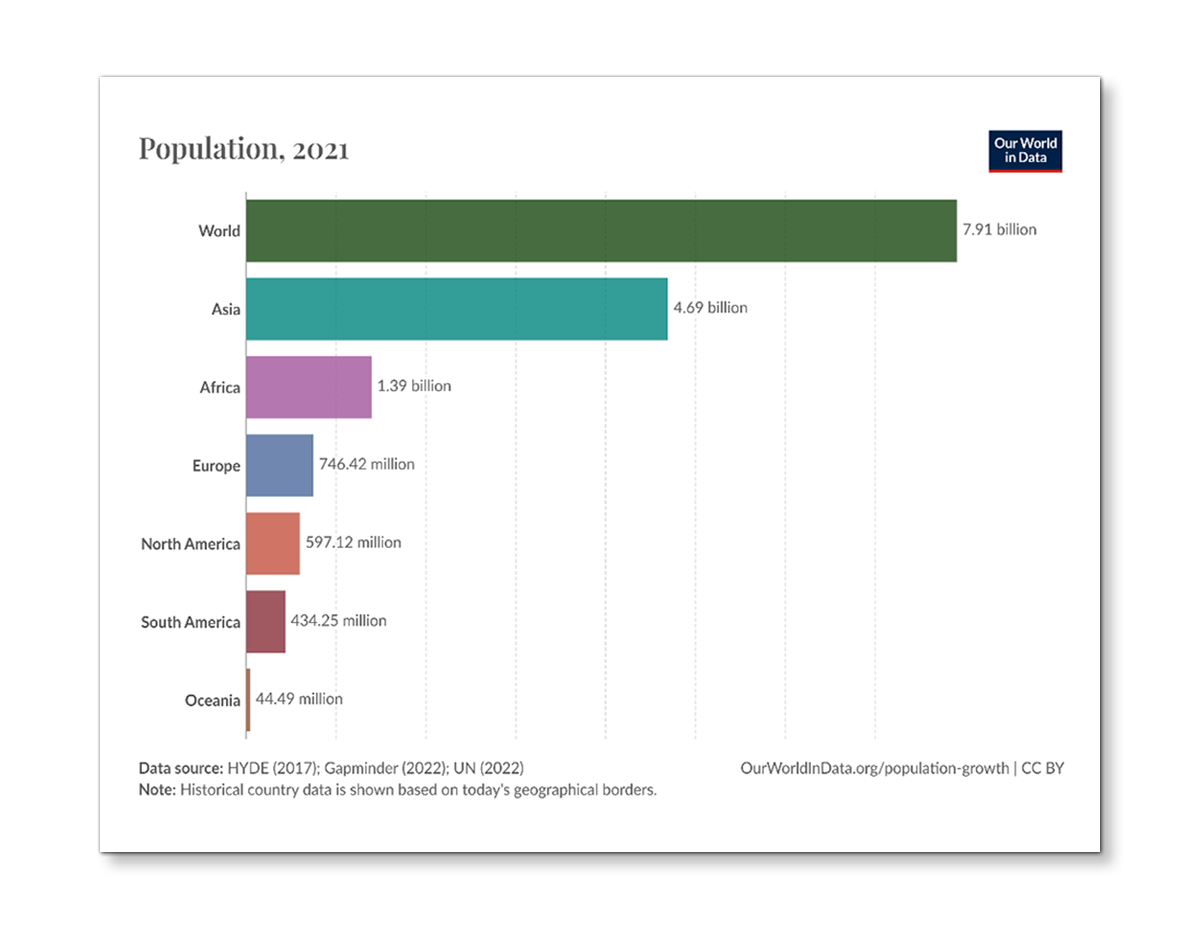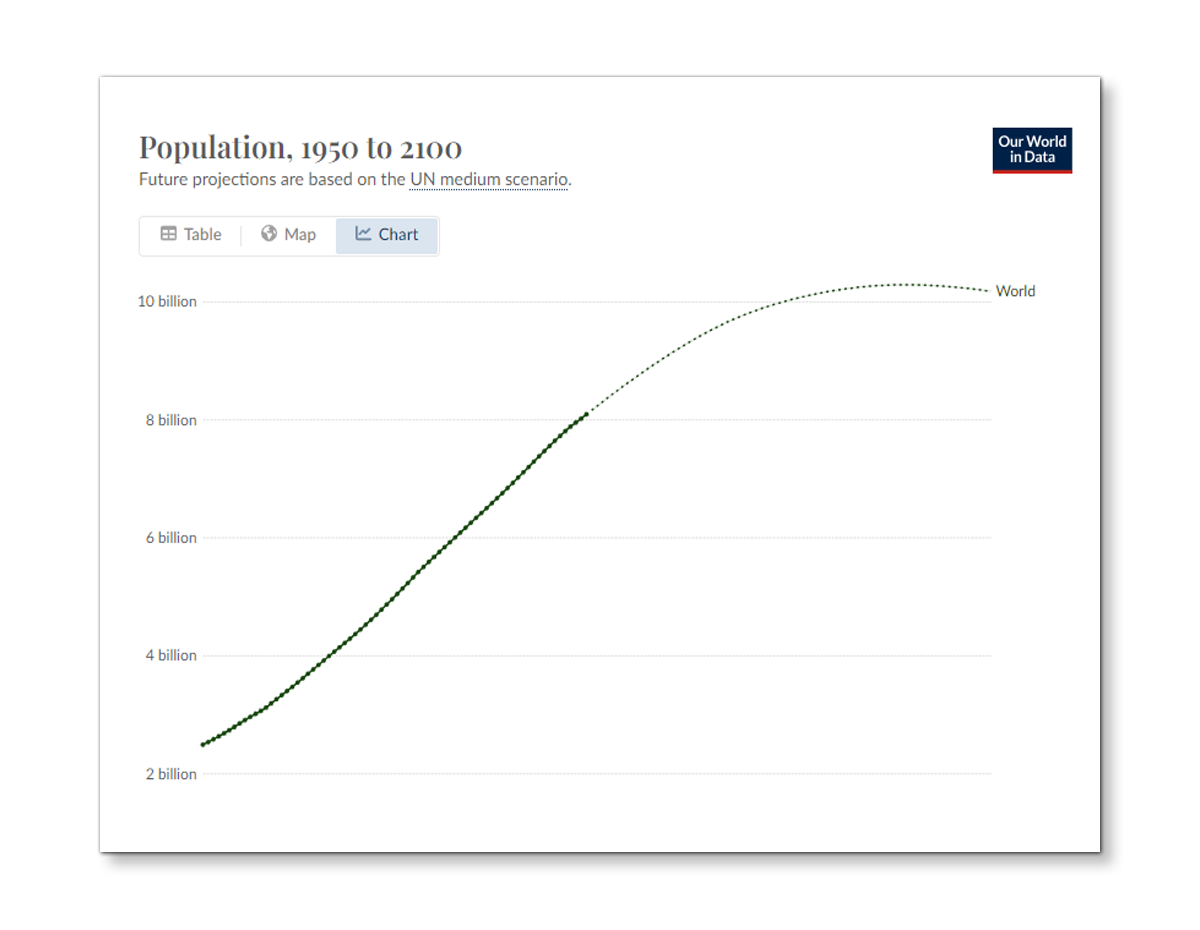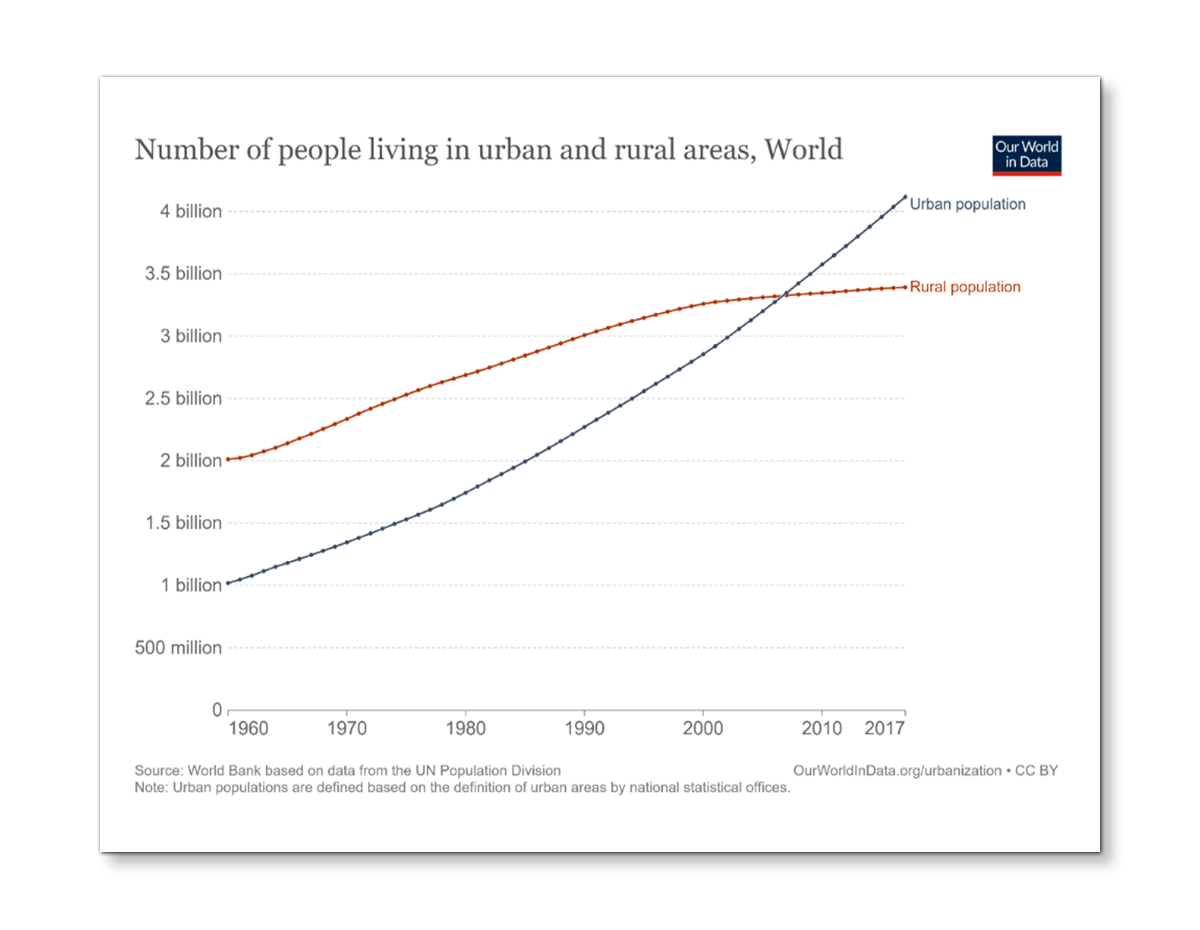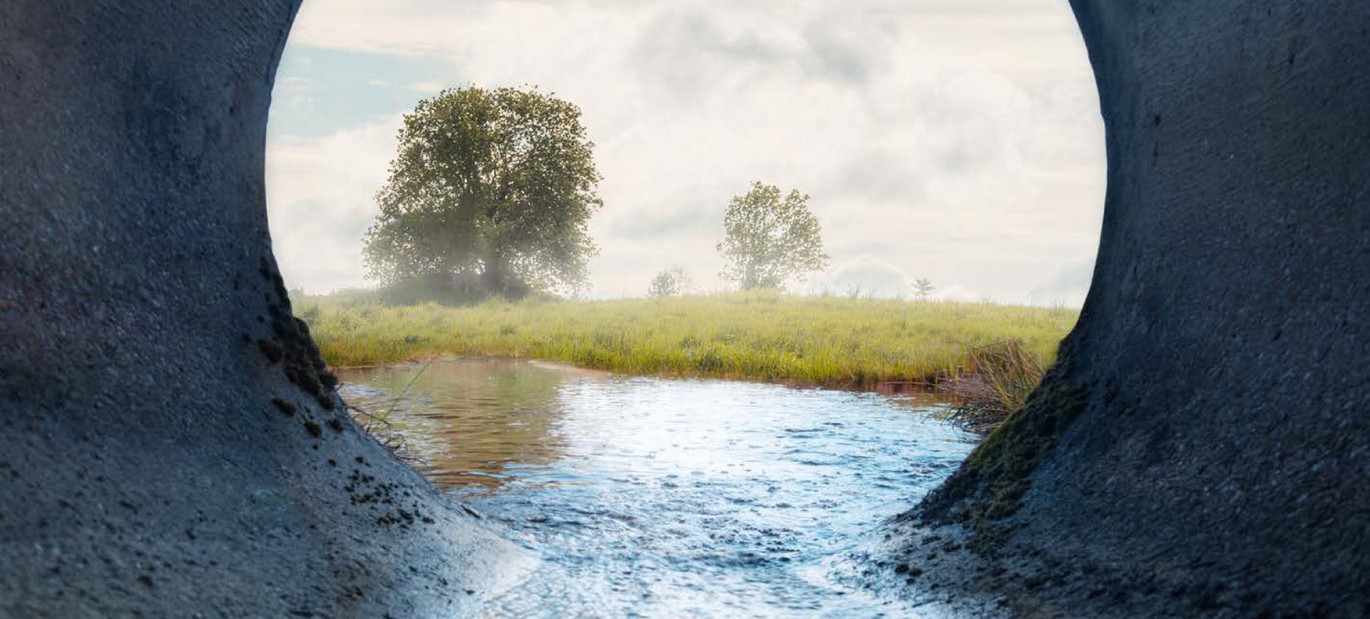Impact of Population Growth on Water Demand
Population growth directly translates into increased demand for food and beverages, which in turn escalates the need for water. With more mouths to feed, the agricultural sector—the largest consumer of freshwater—faces immense pressure to produce more while using water more efficiently. Innovations in irrigation, water recycling, and drought-resistant crops are becoming increasingly important as we strive to meet the demands of a growing global population without depleting our water resources.






